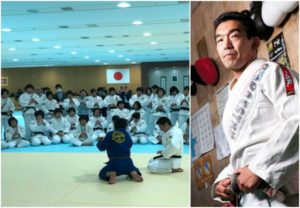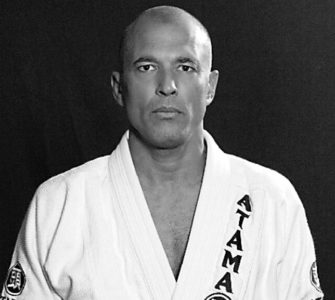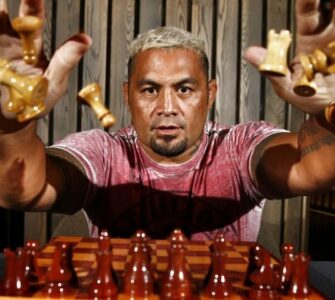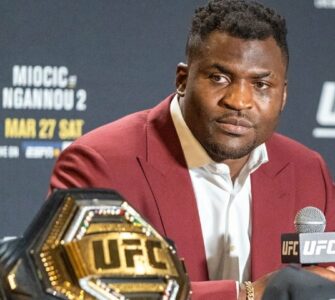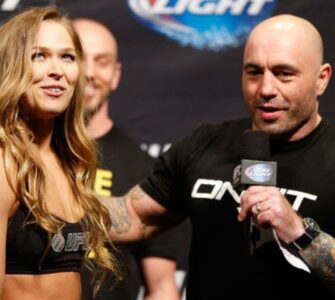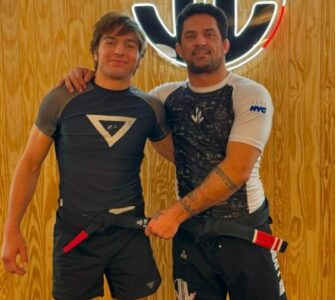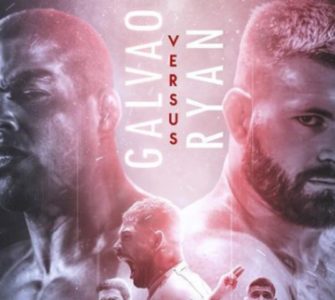Kosei Inoue is a legend of judo – he’s also the one deserving for the rebirth of competition success of the Japanese judo team. A feat he credits bjj for:
“In order to respond to the new judo incorporating ethnic martial arts around the world, we had adopted the practice to cultivatethe ability to respond to a variety of martial arts such as performing a training camp of Okinawa sumo and Brazilian jiu-jitsu. In addition, the staff was invited to specialize in sports medicine, I had been honed by working the body making sure that there are no loses to foreign players over the Japanese traditional “be-all and end-all judo” approach.
While responding to a new judo, philosophy of coach Inoue many believed their judo will lead to victory and it was felt throughout the interviews.”
Japan’s BJJ Pioneer Yuki Nakai Trains Japanese National Judo Team:
Inoue is widely considered one of the greatest judoka in history. He was also very vigorous about mat cleaning – which he didn’t relegate.
When it came to cleaning the mats he didn’t shy away from the duty. According to his philosophy when we clean the mats together, we show humility and mutual respect. To think one is above or exempt from the task is wrong.
Inoue recently sat down with CNN to elaborate on his mindset through the latest competitive victories of Japan’s national judo selection:
“The battle will always continue,” Inoue tells CNN’s Judo World. “It’s important for the athletes who performed well at the Tokyo Grand Slam to never be satisfied, to always stay hungry, and to have high goals and expectations for themselves.”
“The Japanese system is like no other when it comes to creating champions,” he says. “First, they start judo typically in a school, then they move to middle school, high school, to university, and finally to a company.
“Or they become a teacher. And there are many, very enthusiastic and supportive teachers along the way. This is probably one of the biggest fundamental differences compared to other countries — the amount of passionate sensei and instructors.”
“I had the opportunity to become the coach of the men’s national team at the age of 34,” he recalls. “This is a very young age to become national team head coach, but I was very proud to be given this opportunity after the failure at the London Olympic games.”
“We always need to constantly think about judo’s development. And what we can do to spread the sport and discipline. Through these years, through the long history of judo, there are many people who have had great influence.


